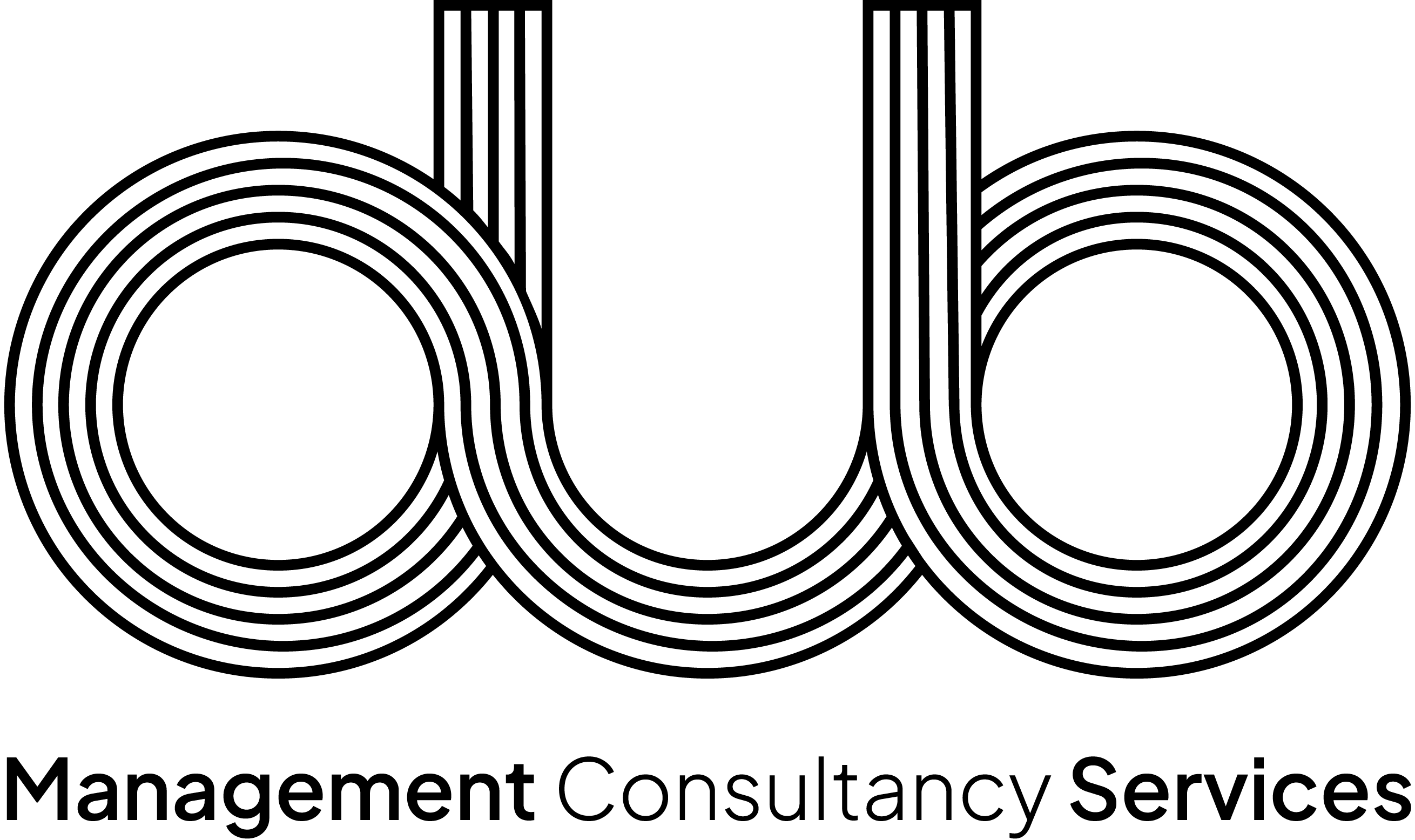The United Arab Emirates (UAE) has long been a hub of global business, with a tax environment that is favorable to business and attracts multinational firms and entrepreneurs alike. Since the advent of corporate tax laws in recent history, however, companies operating from the UAE have been required to create a new paradigm of compliance and planning. The article hereunder explains the most important aspects of UAE corporate tax law, exemptions, and what companies need to learn in order to stay competitive in 2025 and beyond.
A New Era of Corporate Taxation in the UAE
Traditionally, the UAE operated on a zero-tax policy, and hence was a choice of investors across the world. Nevertheless, to follow international practices and achieve sustainable development, the UAE made a decision to introduce corporate tax on business earnings from June 1, 2023. While a major change, the UAE corporate tax rate is also reasonable at 9%, one of the lowest in the world.
As we get closer to 2025, businesses need to be aware of UAE tax laws if they are to prosper in this changing regulatory landscape. Companies have to learn about tax compliance issues, registration procedures, and exemptions to evade fines and optimize efficiency.
Who Is Subject to UAE Corporate Tax?
Corporate tax is imposed on companies operating in the UAE, either mainland-registered or free-zone registered. Not all of them, though, pay corporate tax. For example, individuals deriving income from employment, real estate, or other individual enterprises are exempted from paying corporate tax. Likewise, government departments, eligible public benefit organizations, and natural resource extraction companies (charged at the Emirate rate) are exempted.
To the free zone entities, the UAE provides one such peculiarity. Qualified free zone entities can retain a 0% rate of corporate tax on certain forms of income, provided they are subject to certain conditions, e.g., they have sufficient substance and follow the rules on transfer pricing.
Important Rules and Compliance Obligations
UAE corporate tax compliance is very essential for companies to escape punishment and enjoy smooth functioning. Following are a few key elements of UAE corporate tax compliance:
Corporate Tax Registration
All corporate taxable businesses are to be registered under the Federal Tax Authority (FTA). Corporate tax registration in Dubai and other emirates is very simple, as companies are expected to submit minimal information on how they operate. Companies should always make registration their priority to avoid delays and charges.
Taxable Income Calculation
Corporate tax is imposed on taxable revenue, which is calculated by deducting allowable expenses from gross revenue. It should be noted that fines and penalties are not allowable expenses. The companies must also adhere to the rule of transfer pricing in the event of party transactions.
Annual Tax Filing
Businesses have to submit their annual corporate tax returns to the FTA annually. The nine-month rule-of-thumb is typically used for submitting the lodgement date from when the financial year closes. Complete and accurate recording and early filing are essential parts of compliance.
Penalties for Non-Compliance
Non-conformity to UAE tax rules can lead to large fines. They could be in the way of late registration fees, erroneous filings, or non-payment of payable tax. Businesses have to invest in appropriate tax planning and professional advice to avoid pitfalls.
Exemptions and Special Considerations
One of the most striking characteristics of UAE corporate tax laws is the dispensations offered to businesses in large numbers. Knowledge of these dispensations allows businesses to minimize their tax burden and maximize profitability.
Small Business Relief
UAE launched a small business relief program that focused on small businesses and start-ups. Based on this program, businesses with turnovers below a certain threshold can be eligible for lower tax rates.
Free Zone Benefits
As discussed above, eligible free zone companies can take advantage of a 0% corporate tax on qualifying income. The relief is especially beneficial to companies involved in international trade or services.
International Agreements
The UAE has entered into multiple double taxation agreements (DTAs) with countries worldwide. The treaties avoid companies paying tax twice on the same income, promoting smoother cross-border transactions.
Planning Ahead: Corporate Tax Regulations in 2025
As we approach 2025, companies need to implement pro-active measures to optimize their corporate tax liabilities effectively. Some UAE business tax planning recommendations are presented below:
Stay Abreast of Regulatory Updates
UAE taxation regulations continue to evolve, and it is crucial to stay up-to-date with updates. Check the FTA website from time to time and also consult taxation professionals to ensure compliance.
Optimize Business Structure
Assess the structure of your company to find out if you qualify for incentives or exemptions, like free zone benefits. Redesigning operations can help save enormous amounts of taxes.
Invest in Technology
Employ accounting packages and computer utilities to simplify tax calculation, accounting, and reporting. Automation eliminates errors and time consumption.
Seek Professional Advice
Compliance with company taxation codes may be intricate, particularly in the case of multinational corporations. Having professional tax consultants ensures proper filings and informed decision-making.
Conclusion
Corporate taxation in the UAE is a significant alteration of the nation’s economy. While new regulations impose greater burdens on businesses, they also present opportunities for forward planning and optimization. Familiarity with laws on UAE corporate taxation, timely registration, and utilizing granted exemptions will allow compliance and minimize the burden.
With 2025 now looming large, organizations need to adopt a proactive role in planning and tax compliance. New company or multinational, adapting the UAE corporate tax environment will set your organization up for long-term success in one of the world’s most thriving economies.




